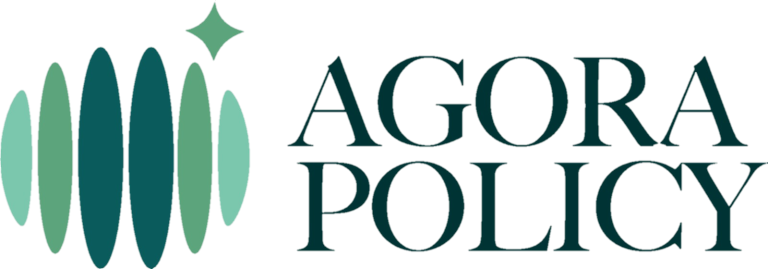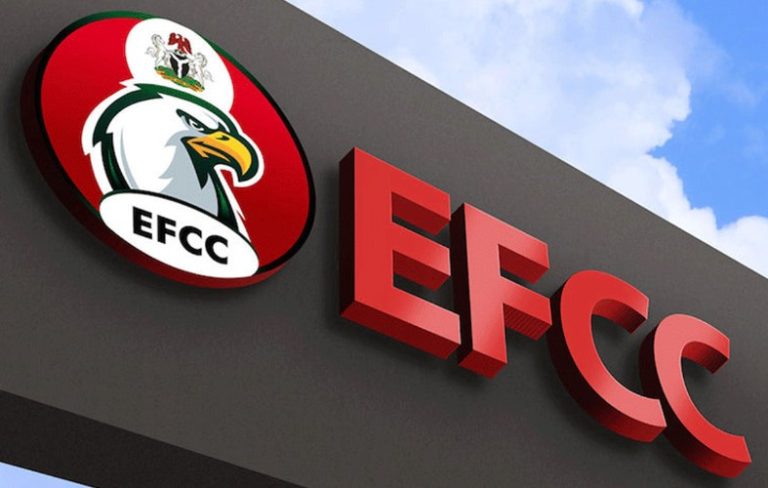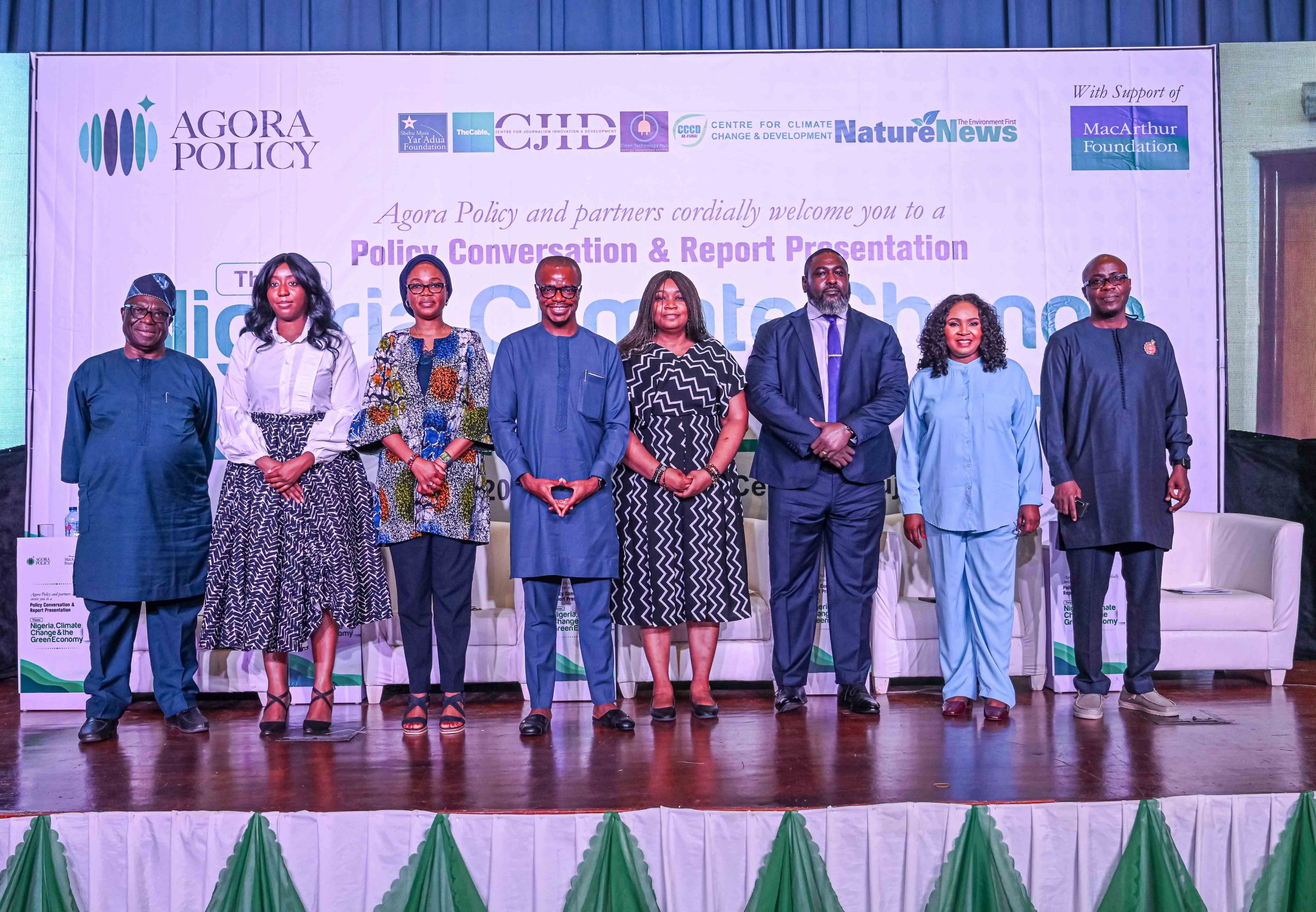By David Nwachukwu and Faith Adeniyi
Transparency and accountability are crucial for reducing opportunities for corruption in the public sector. This fact is not lost on various administrations in Nigeria, which have established various measures over the time to mitigate corruption and promote accountability and transparency. There has been a surge in the adoption and implementation of these sunshine measures since Nigeria returned to civil rule in 1999. But the result has been mixed. While some of these measures have been very successful, most have not made the expected impact. This forms the backdrop of the fourth policy report by Agora Policy, titled: ‘Imperative of Strengthening Nigeria’s Transparency and Accountability Measures’.
The report assessed 16 distinct transparency and accountability measures in the country within four clusters: Norms & Values, Public Financial Management, Open Disclosure, and Sanctions/Enforcement. It looks at the rationales, histories, challenges and records of these measures and makes recommendations for strengthening them. As the country gets ready for transition to a new administration, the report submits that “Nigeria needs more transparency and accountability, not less.”
Below are some of the key messages from the report:
Assets declared by public officials should be made public
The report contends that asset declaration by public officials is criticalto checkmating corruption in the public sector, if implemented effectively. The report claims that the potential of this measure is yet to be fully optimised largely due to lack of publication and verification of assets declared and limited capacity and resourcing of the Code of Conduct Bureau (CCB), the government agency charged with the implementation of the law. First, the calls for the amendment of Paragraph 3(c) of the Third Schedule of the 1999 Constitution of the Federal Republic of Nigeria. This provision empowers the CCB to make assets declared by public officials available to any citizen of Nigeria “only on terms and conditions as the National Assembly may prescribe”. According to the report, the refusal of the National Assembly to stipulate the condition for public disclosure has undermined the transparency and accountability utility of asset declaration, hence the recommendation for constitutional amendment.
The report also advocates for the verification of assets disclosed to CCB. It is believed that the disclosure and verification of the assets would prevent false declarations, deepen transparency and also increase trust in the government. However, at present, the CCB is undermined by limited budgetary allocations compared to other anticorruption agencies. This hampers the capacity of CCB and the Code of Conduct Tribunal (its sister agency) to adequately discharge their weighty responsibility of verifying assets declared by public servants across the three tiers of government and successfully prosecute those who err.
President Buhari should sign the new audit bill
The routine audit and legislative oversight of public accounts is a policy believed to regulate Government MDA’s expenditure and accounting to minimise incidences of corruption through internal and external audit processes overseen by the Office of the Auditor-General of the Federation (OAuGF). Despite the potential of this mechanism in promoting accountability and mitigating corruption in public service, many Ministries Departments and Agencies (MDAs) default in compliance, with the expected annual submission of their financial statements to the OAuGF and their counterparts in the states. The report states that without the power to sanction the Auditor-General is a ‘toothless bulldog’ and that Nigeria’s subsisting audit law is outmoded. Hence, the report recommends that President Muhammadu Buhari should sign the Federal Audit Service Bill into law before leaving office. It states: “the bill, which was passed by the National Assembly on 29 March 2023, repeals the Audit Ordinance of 1956. The bill strengthens the operations and independence of the Office of the Auditor General of the Federation (AuGF).”
Integrity checks needed on heads and staff of agencies with anticorruption mandates
Beyond corrupt practices found in various public offices, the report spotlights how the abuse of power by anticorruption agencies and public accounts committees have allowed corruption to thrive. In addition to bribe collection, “some civil servants have been reported to award multiple bids to contractors for some negotiated returns, while some even award contracts to their personal companies in violation of regulations against conflicts of interest.” All these acts are not in line with stipulated processes and should attract sanctions.
To address this gap, the report recommends integrity checks on the boards, leadership and staff of institutions with anti-corruption mandates and institute adequate safeguards on the exercise of oversight powers. The report states that, “these measures are needed to ensure that there is a symmetry between the mandates of these critical institutions and the values of those who work in and lead them, that there are measures for ‘watching the watchdogs’, and that the anti-corruption institutions are not undermined by the same ills that they were set up to tackle.”
Many MDAs don’t comply with government policies and without consequences
The report highlights how non-compliance across various MDAs has affected the successful implementation of anti-corruption measures. For instance, many MDAs default in compliance with the Freedom of Information (FOI) Act. Some MDAs also default in compliance with the expected annual submission of their audited financial statements to the OauGF. In 2020, the OAuGF reported that “65 MDAs had not submitted their financial statements for audit since January 12, 2017.” Similarly, not all public officials faithfully fill their assets declaration forms as required by law: on assumption of office, every four years, and when they exit. The report recommends strict enforcement of existing policies and adequate consequence management.
Need for a robust value/attitude re-orientation campaign
The report observes that most of the anticorruption measures are not delivering the desired impact because of a distorted and dysfunctional value system not just in the public service but also in the larger populace. To address this gap, the report advocatesfor a national re-orientation programme to instill anti-corruption values. The report advises the Federal Government to “launch a comprehensive and well-thought-out national value reorientation programme that creatively seeks to change the dysfunctional values, attitudes, and narratives that wittingly and unwittingly enable public corruption. The impact of the current emphasis on systems and sanctions will be limited without changes in societal values.”
Investments in technology and capacity could be game-changers
The report considers technology the greatest enabler of transparency and accountability. It thus highlights the need for continuous investment in technology and training for anticorruption agencies. The report points out that, “technology can be leveraged to enhance transparency across the diverse Public Financial Management (PFM) and open disclosure clusters where e-payment and electronic collection and dissemination of information have become a huge issue of concern.” While advocating for the adoption of technology in other areas of the anticorruption work, the reports encourages government to stick to and improve existing technology platforms. The reports states: “Thus, rather than contemplate the idea of going back on technology-driven platforms such as GIFMIS, IPPIS and the rest, the focus should be on how to improve their deliveries and build capacity for more effective use to strengthen transparency and accountability.
In related vein, the report advocates for more investment in capacity building for the staff of anticorruption agencies. According to the report: “capacity building to bridge gaps in technical knowledge and skills will go a long way to enhance the effectiveness of the relevant personnel in these institutions and, ultimately, strengthen transparency and accountability.”
The Whistleblower and other policies need legal backing
Introduced in 2016, the whistleblowing policy is an accountability and transparency mechanism designed to encourage confidential and voluntary reporting of suspected corrupt practices. Since its introduction, the policy has recorded notable milestones. For instance, the Presidential Advisory Committee against Corruption (PACAC) reported that “N594.09 billion was recovered in three years between 2017 and 2020 through the implementation of the whistleblower policy.”
With notable results as such, the report recommends the need for legal backing in order to make the policy more effective and most importantly, ensure its sustainability beyond the current administration. Subsequently, the report also calls for the protection of whistleblowers and employees of the relevant investigative agencies given the accompanying risk arising from the absence of adequate protection.
Amidst the positives of the policy, the report also makes the case for some adjustments. According to the report, “…. whistleblowing must be reviewed in order to checkmate abuses, victimisation and false accusations.” This argument is not far-fetched given some of the perverse incentives that could come with whistleblowing, including the monetary reward for whistle-blowers.
The report also recommends legal backing for the Open Treasury Portal (OTP), an initiative which potential for checkmating corruption launched by this administration.
*Nwachukwu is communication officer while Adeniyi is programme officer at Agora Policy




